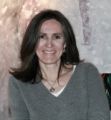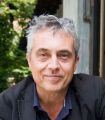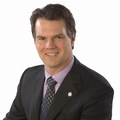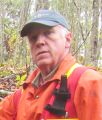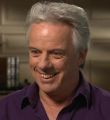WHAT DO YOU WONDER: the opportunity cost of balancing ecological services with drainage infrastructure
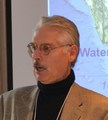
“Initially, we saw EAP as a tool (i.e. ‘the protocol’) that would help practitioners calculate the opportunity cost of balancing ecological services with drainage infrastructure. However, our thinking has evolved over the past year. Testing the approach through two demonstration applications has resulted in this defining conclusion: EAP is a process, not a protocol. Thus, we are rebranding EAP as the Ecological Accounting Process,” stated Tim Pringle.



